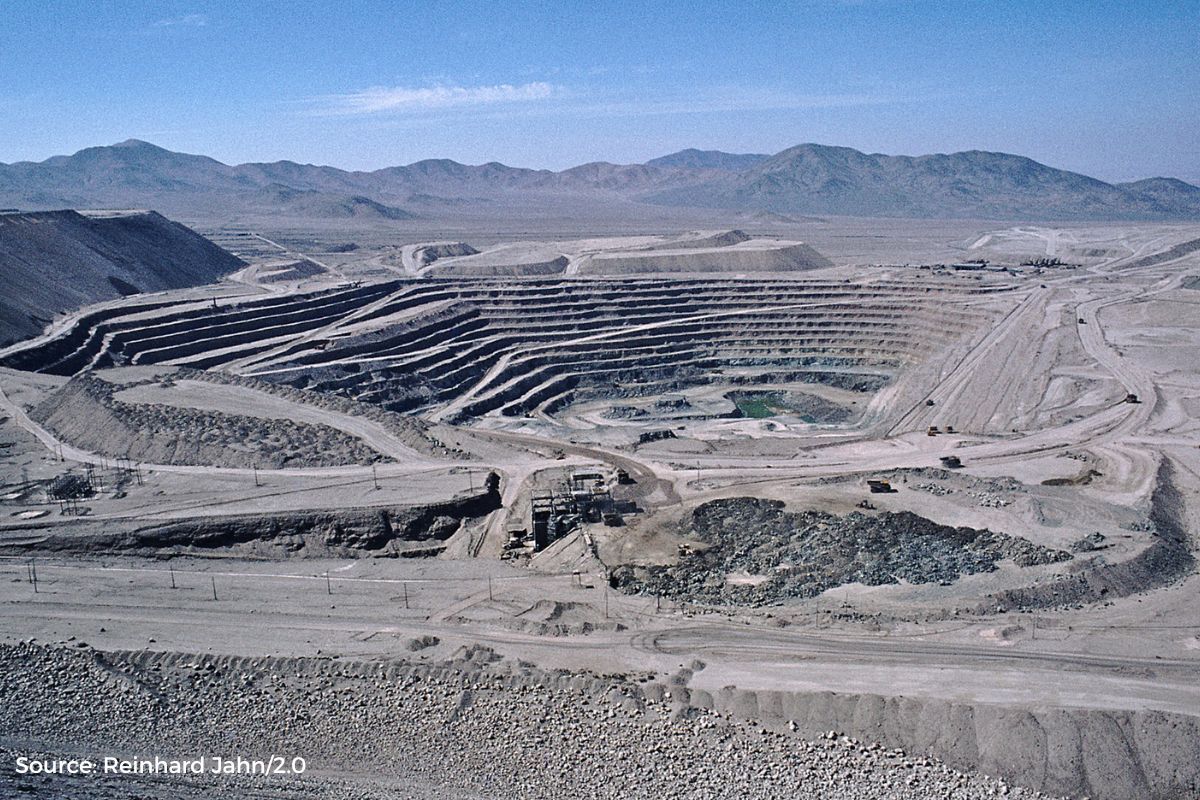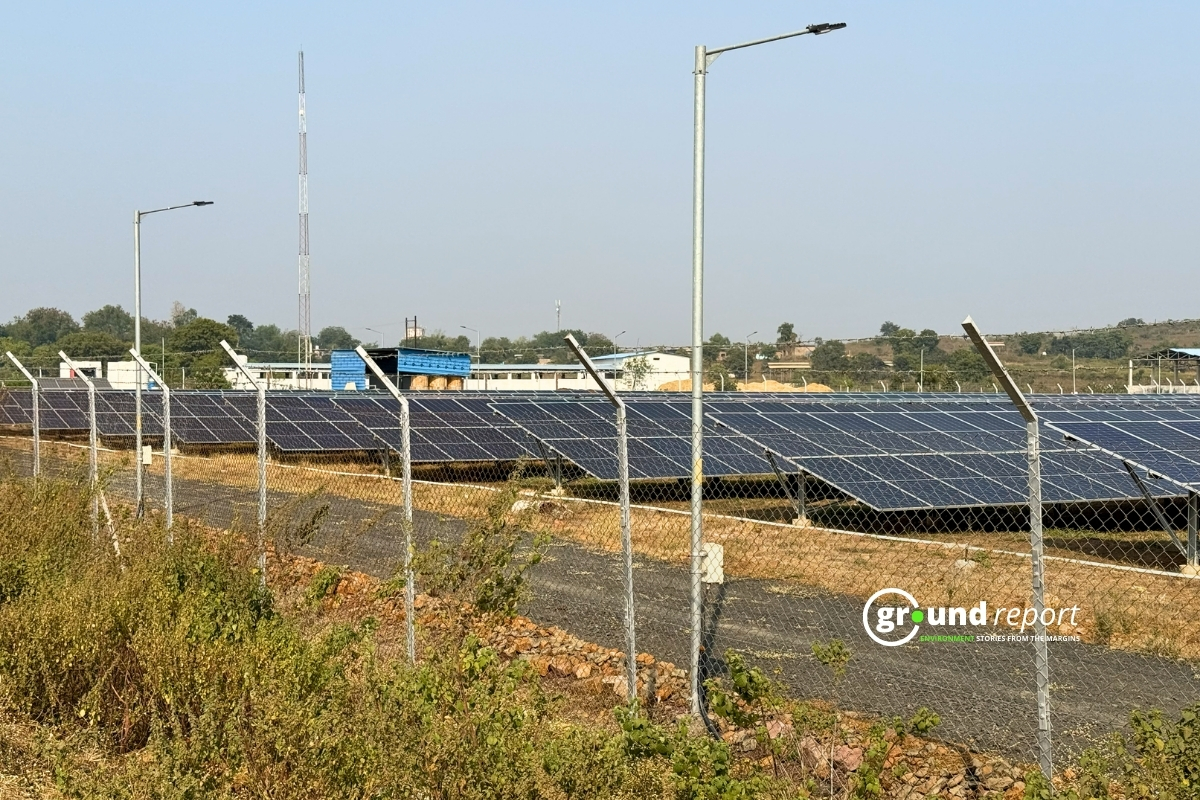India’s recent inclusion in the US-led Mineral Security Partnership (MSP) marks a major milestone for the country. Following Prime Minister Narendra Modi’s visit to the United States, Mumbai-based Epsilon Advanced Materials (EAM) became the first Indian company to establish a battery materials unit in the United States, underscoring the importance of India’s entry into this prestigious mineral club.
The MSP consists of 13 member states, including prominent countries such as Australia, Canada, Japan, and the United Kingdom. The association aims to promote investments in critical mineral supply chains around the world. India’s membership in the MSP is the result of extensive diplomatic efforts and a desire to establish a flexible supply chain for essential minerals. Notably, India is already a member of the Intergovernmental Forum on Mining, Minerals, Metallurgy and Sustainable Development, which advocates for responsible mining practices.
What is Minerals Security Partnership
India’s participation in the MSP is of immense importance as it aligns with the country’s goal of transitioning to sustainable transport, particularly through the widespread adoption of electric vehicles. Establishing a reliable transport fleet requires securing the supply chain of critical minerals. India’s participation in the MSP will facilitate the development of its national electronics and semiconductor manufacturing capabilities.
Furthermore, India’s inclusion in this strategic partnership contributes to a more equitable global distribution of resources. While countries like Indonesia, Vietnam, and the Democratic Republic of the Congo hold significant reserves of crucial minerals, they are not part of this particular alliance. India’s diplomatic influence can potentially encourage other nations to join such partnerships, reducing their reliance on China by establishing a robust and reliable raw material supply chain for the clean energy transition.
Global alliances secure critical minerals
Given the high demand for minerals and the disruptions in the global mineral markets caused by factors such as geopolitical uncertainties, rising prices and ongoing conflicts, various strategic alliances and international agreements have emerged to ensure a secure supply chain. Major economies, including members of the G7 and G20, have identified critical minerals and have engaged in various agreements related to the governance and strategic importance of these resources.
Critical minerals like cobalt, graphite, lithium, manganese, nickel, and rare earth elements are essential for emerging green technologies like wind turbines and electric vehicle batteries. The United States and the United Kingdom recently signed the Atlantic Declaration to begin negotiations on a key minerals deal, which allows UK companies to access tax credits under the US Inflation Reduction Act.
India’s focus on developing indigenous technology and expanding manufacturing in the clean energy sector will drive significant demand for various minerals in the near future. To address this, India and Australia have already established the Critical Minerals Investment Partnership, which aims to establish a critical minerals supply chain between the two countries. This collaboration supports India’s ambitions to reduce emissions in its electricity grid and become a global manufacturing hub for electric vehicles and other green technologies.
India’s membership in the MSP will facilitate the formation of multi-stakeholder, multilateral and bilateral agreements among member states, with a particular focus on the governance and strategic importance of critical minerals. This move positions India as a key player in securing and maintaining the supply chain of critical minerals, driving its clean energy transition and contributing to the global distribution of resources.
Significance of Mineral Security Partnership
In both the Announced Commitments and the Net Zero Scenarios, demand for critical minerals in clean energy technologies is projected to quadruple by 2050. To meet this growing demand, the Net Zero Scenario projects a 1.5- to 7-fold increase in demand for each of the five key critical minerals by 2030.
However, the high and volatile prices of these minerals, coupled with concentrated supply chains, pose significant challenges that could hinder or increase the cost of energy transitions. To mitigate these risks, it is crucial to take measures by increasing and diversifying supplies, promoting recycling, and implementing measures to moderate demand growth.
Ensuring diverse, resilient and secure supply chains for clean energy, including critical minerals, is of paramount importance. The MSP, with its primary goal of accelerating the development of sustainable supply chains of critical energy minerals around the world, plays a vital role in achieving this goal.
Reports indicate that the MSP carefully evaluated around 150 potential collaboration projects, eventually selecting twelve for further consideration. These projects cover several areas, such as the development of battery materials, fostering cooperation in the mining and metals industries, and helping to establish a mineral processing plant in South America.
Support us to keep independent environmental journalism alive in India.
Keep Reading
What is Green Hydrogen? Could it change energy in South Asia?
Blue hydrogen is worst for climate: study
How Increasing space traffic threatens ozone layer?
Hydro Fuel Market: India’s current scenario and the future ahead
Natural Gas is a Misleading term, It is not Natural and clean at all
Follow Ground Report on X, Instagram and Facebook for environmental and underreported stories from the margins. Give us feedback on our email id greport2018@gmail.com.
Don’t forget to Subscribe to our weekly newsletter, Join our community on WhatsApp, and Follow our YouTube Channel for video stories.









